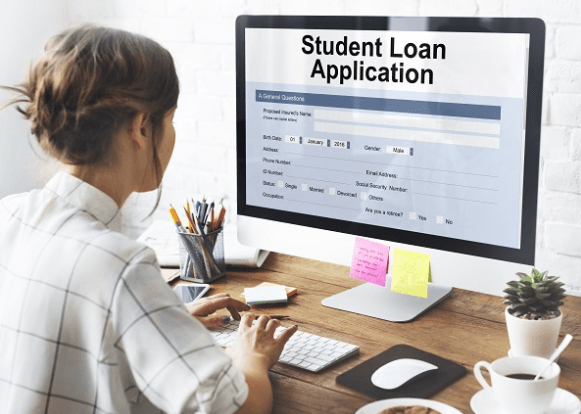Crowds of intelligent young people–and newly minted young borrowers–head to college every year. This is evidenced by test scores, grades, entry exams, and far more. Some of these students are outstanding with numbers and may even be planning to select majors that require acumen in mathematics. Others may be planning to major in areas like economics. Still in the learning stages though, most of these students have yet to apply any of their skills or beginning education to real life or to a real budget. Because of that, they could—like so many others— make the mistake of optimistically jumping in to large student loans that will have to be paid back later. This isn’t because they didn’t understand what it means to take out a loan or pay interest. As young borrowers, they simply didn’t understand how little they might make after just exiting school—and how hard it would be to fork over a significant amount of their monthly income to a student loan servicer.
Students Must Be Offered Better Counseling
As the student loan crisis has continued to mount, now reaching a staggering $1.4 trillion spread out among 44 million, it is becoming apparent that students require better counseling regarding the enormous debts they may be about to take on. To put it into perspective, students who are not even out of their teens may be signing up for the repayment of debts that would be challenging even for an established, working middle-aged adult to pay monthly. At 20 or 30, an average payment of $350 is hefty. And if the students are headed for graduate school, their student loans could skyrocket into the six-digit range.
In comparison to other countries that tend to spread the loans out further with payments starting lower and then increasing later, student loan borrowers in the US may even be expected to start paying back some (private) loans while they are still attending school. That seems like a recipe for disaster, not to mention the shock of leaving school or graduating and being presented with a substantial debt. With so many other things to consider, budgeting in the student loan may not be considered until the bill arrives. The key is for students to understand everything about the student loans they are committing to, and to be well apprised of the challenges that could present themselves (quite soon!) in paying off the tab.
Non-Graduates & Graduates Should All Be Aware of Alternative Repayment Plans
Graduates are often immediately educated on how to handle massive student loans that they know they won’t be able to handle right away. From forgiveness programs to deferment, forbearance, and income-based repayment programs, there are numerous ways to head off that burden at the pass—from the very start. But what about those who do not graduate? This is a large percentage of borrowers, considering that only around 59 percent of those attending college do get their diplomas within six years. They may be left completely out of the loop regarding flexibility in repayment. With the current statistics showing a delinquency rate over 11 percent, it is obvious that more detailed information must be available as well as sent to borrowers.

Contact Us for Help with Your Student Loan Debt
If you have questions about your student loan debt or if repayment is currently a challenge, contact Fitzgerald & Campbell, APLC, a law firm with decades of experience in helping clients to explore their financial options. Let us review your case and help you decide the best route. We are here to help you!
Call us today for a free consultation at (844) 431-3851, or email us at info@debtorprotectors.com.

